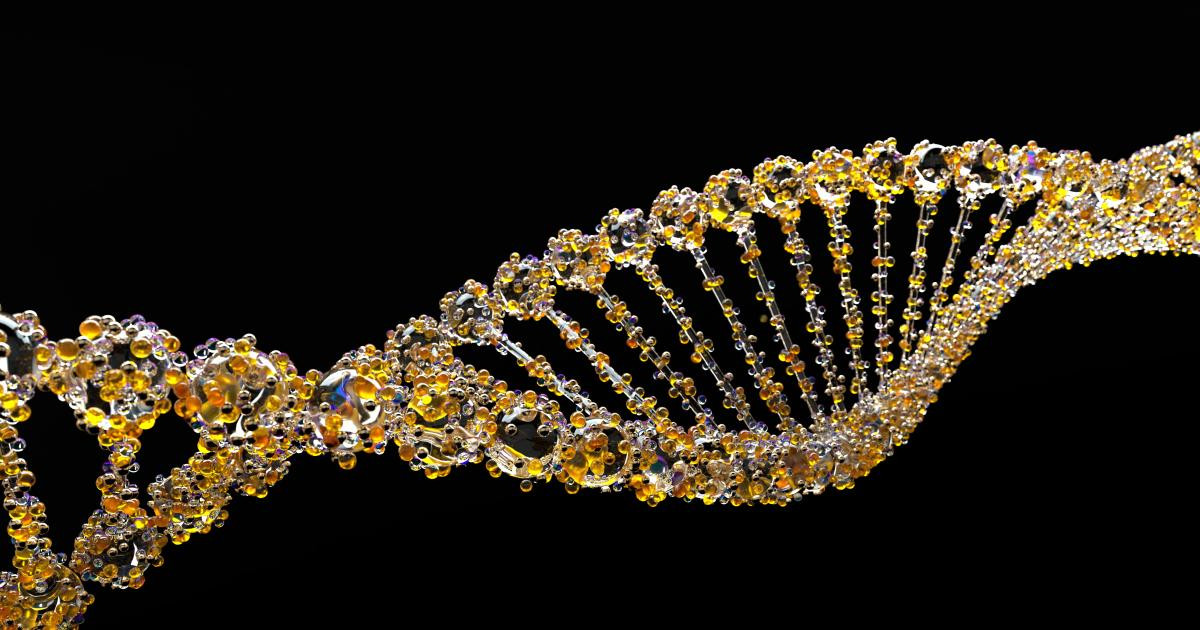In a groundbreaking development, a team of international scientists has created a new technology to detect and potentially treat cancer in hard-to-reach areas of the body. Published in the journal Science, their technique, named CATCH (cellular assay for targeted, CRISPR-discriminated horizontal gene transfer), shows promise in identifying cancer cells, particularly in the colon.
The scientists chose Acinetobacter baylyi, a bacterium with the unique ability to absorb DNA from its surroundings and incorporate it into its own genetic material. By genetically engineering A. baylyi, the team created bacterial strains with long DNA sequences that mirror those found in human cancer cells. These sequences act like a zipper, binding specifically to cancer DNA. The researchers focused on the mutated KRAS gene, which is commonly associated with colorectal tumors.
To confirm the presence of cancer cells, the A. baylyi bacteria were tested in laboratory settings. When the bacterium took up mutated DNA, it triggered the activation of an antibiotic resistance gene linked to the captured cancer DNA. This allowed the scientists to identify cancer cells, as only bacteria with active antibiotic resistance were able to survive on culture plates containing antibiotics.
Although the technique successfully detected tumor DNA in mice injected with colorectal cancer cells, it is not yet ready for clinical use. The researchers are now working on further improvements to enhance its efficiency and compare its performance to other diagnostic tests.
However, the potential of this breakthrough extends beyond cancer detection. As Dan Worthley, one of the study’s authors, explained, the true excitement lies in the future possibilities of targeted biological therapy. By deploying treatments to specific areas of the body based on the presence of certain DNA sequences, this technology could revolutionize the field of healthcare.
The applications of this technology could be far-reaching, offering more precise and effective treatments for various diseases. Although there are still hurdles to overcome, such as refining the technique and conducting further research, it is an exciting step forward in the fight against cancer and the development of personalized medicine.




